On the 248th birth anniversary of great socio-religious and educational reformer Ram Mohan Roy, Kartavya Sadhana is publishing a two-part series analyzing the life and legacy of Ram Mohan Roy- the father of modern India. Written by Sankalp Gurjar, the first part of the article which is published yesterday, was the life sketch of Roy, and it was about his contribution to socio-religious reforms. This second part of the article, examines his thoughts on 'English Education and European Settlements In India.'
Post-1991, as India liberalized its economy and integrated itself with the world, the service sector has emerged as one of the success stories of India. Service sector forms the bulk of India’s exports and also earns the valuable foreign exchange for the country. Service sector, especially, Information Technology (IT), have also allowed many Indians to experience rapid social mobility and foreign travel. Over the years, Indian engineers have proven their capacities in diverse fields such as IT and financial services. Two core skills have provided advantages to Indian engineers in establishing pre-eminence in the international service sector: mathematics and command over the English language. For both of these, Indians of today should thank Ram Mohan Roy.
Roy himself was educated in late 18th century and in those days, although, East India Company was ruling Bengal, English education was not available. Moreover, due to the prevalence of caste system and restrictions imposed by it, only a small section of population was allowed access to education. Therefore, only the upper strata of society could educate themselves and the education was devoid of any modern subjects. In pathashalas, Sanskrit language was taught and knowledge of Persian and Arabic was considered desirable as these languages were used for running the affairs of state. For Muslims, education in madarasa was the only option. This education system was not just inadequate but it was also of no use in the changing circumstances of India.
Therefore, when Roy learned in 1823 that the rulers were opening a new Sanskrit college, he was dismayed. He felt that he should express his thoughts to the British authorities and make them reconsider their decision. He had opened a school for boys in 1816 in which the medium of instruction was English. He knew that modern education will be useful in uplifting Indian society from its state of backwardness. It was unusual in those days to open such a school and even more uncommon to argue against Sanskrit college. In this context, he wrote a letter to Lord Amherst, the then Governor-General, arguing in favour of English education and benefits that would come from such education.
The government was going to spend ‘a considerable sum of money’ for Sanskrit college. Roy writes that ‘we were filled with sanguine hopes that this sum would be laid out in employing European gentlemen of talent and education to instruct the natives of India in Mathematics, Natural Philosophy, Chemistry, Anatomy and other useful sciences’. However, the Sanskrit college ‘can only be expected to load the minds of youth with grammatical niceties and metaphysical distinctions of little or no practical use to the possessors or to society’. He was quick to point out that if the government wanted to promote Sanskrit, there are other ways of doing so than spending so much money on establishing a separate college devoted to it.
Roy knew how to communicate his point of view to the British rulers. To drive home the benefits of modern education, he reminds the Governor-General to ‘compare the state of science and literature in Europe before the time of Lord Bacon’. Although Roy himself was fluent in Sanskrit, he was clear that Sanskrit education cannot help in the improvement of the situation in India and that modern education is the only way forward. He felt that it was his ‘solemn duty’ to convey his thoughts to the ‘enlightened sovereign and legislature’.
In early years of the nineteenth century, India’s encounter with modernity had begun. It must be kept in mind that through his actions and writings, Roy was responding to a very different situation than India had experienced before. The new rulers were not just militarily superior but also had advanced techniques in administration, social life and education. He understood it and was convinced that India had to reform itself. However, Roy was not a mindless supporter of anything that the new rulers were doing. He was watchful of effects of these changes on the Indian society. In this context, his opinion about the settlement of Europeans in India is worth examining.
Roy had gone to England in 1830 as an envoy of the Mughal emperor. He stayed there till 1833. In England, in 1832-33, the question of allowing Europeans to settle in India was being debated. He was asked to put forth his views on the subject. He was balanced in his views and looked at this issue on the basis of advantages and disadvantages that would result from it for India. Roy thought that settlers would bring their superior knowledge of agriculture to India and farmers would benefit from the introduction of newer techniques. Moreover, peasants would be freed from the oppression of landlords and superior authority. He also felt that, due to the contact with Europeans, minds of Indians would be liberated from superstitions.
Roy was aware that European settlers will be equal to the rulers and therefore because of them, ‘many necessary improvements in the laws and judicial system’ would come to India. It would eventually prove beneficial to Indians as well. Similarly, he had hoped that settlers; ‘from motives of benevolence, public spirit and fellow-feeling’ will open educational institutions in India and would educate Indian society. Roy foresaw improvement on the quality of legislation on Indian affairs owing to the contact of settlers with Indians and the resultant knowledge out of it. He also went on to the extent of arguing that settlers will prove useful to the defence of India in case of an invasion as they would be ‘closely connected by national sympathies with the ruling power’. Moreover, it would be easier to get support from the settlers as they will depend on ‘stability for the continued enjoyment of their civil and political rights’.
Roy believed that settlers would also help in cementing the connection between India and Britain. However, if any break takes place between the two nations, the presence of settlers would prove useful in still maintaining the relationship. Close relationship between South Africa and Britain, France and its former colonies could be considered here. He was also aware that presence of European settlers will also have its own set of disadvantages. Settlers may ‘aim at enjoying exclusive rights and privileges’. Therefore, to avoid this problem, Roy suggested that ‘higher and better-educated class of Europeans’ should first be allowed to settle in India. The second disadvantage would be that Europeans may have ‘readier access to persons in authority’. There could be social tensions between Indians and Europeans as well.
Roy was clearly ahead of his time when he suggests that if the mixed population in India attains ‘wealth, intelligence and public spirit’, they might ask for independence as it happened in case of the United States of America. But he is quick to suggest that despite a similar situation, it has not happened in Canada as yet. He is also aware that Europeans will find weather in India too hot and humid and therefore, the settlers should first be settled in ‘cool and healthy spots’. He ends by saying that the experiment of settling Europeans should be undertaken and based on its results, the final decision should be taken.
It is clear that several themes underlying Roy’s thinking became relevant in the context of India and other colonies. Hopes regarding the landlords and favourable judicial system were bellied. Settlers enjoyed greater access to power, different rules were framed for them and an entire edifice was structured to protect the interests of settlers. African colonies such as South Africa and Zimbabwe could be cited here as cases in point. Presence of settler population and policies enacted by colonial rulers for settlers; in these countries led to the social and political unrest, inequality, massive oppression and exploitation of the local population. These countries suffered and are still suffering from the effects of settler population. Roy’s views become important in this context.
From Roy’s views on education and European settlers, it is evident that Roy was clearly ahead of his time. Before the era of railways and telegraph, when the world was not so close, he was aware of the world around him and was in fact actively applying lessons learned from other colonies to India. His forceful advocacy of English and balanced thinking about the effects of settler populations on local society has certainly stood the test of time.
- Sankalp Gurjar
sankalp.gurjar@gmail.com
Also Read: Ram Mohan Roy and His Times





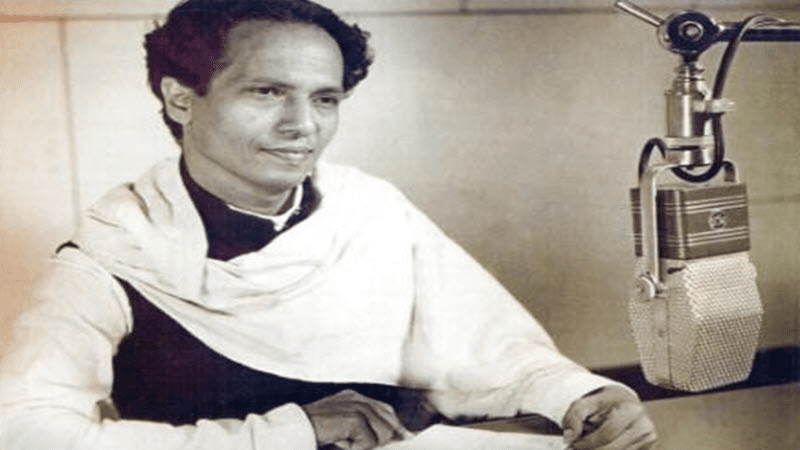


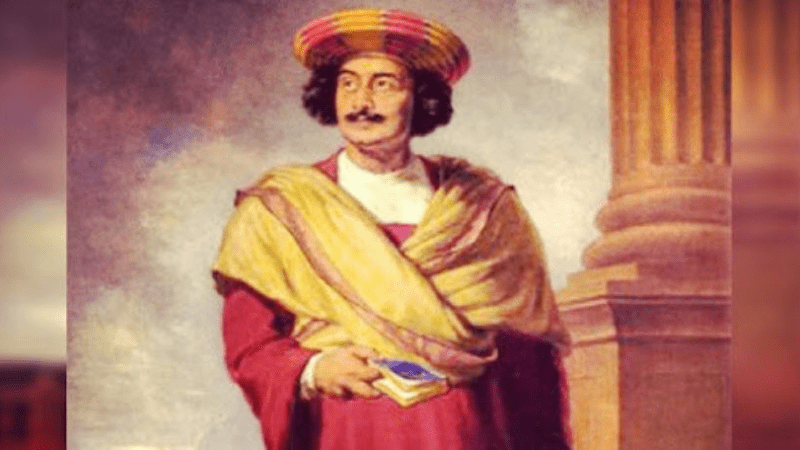
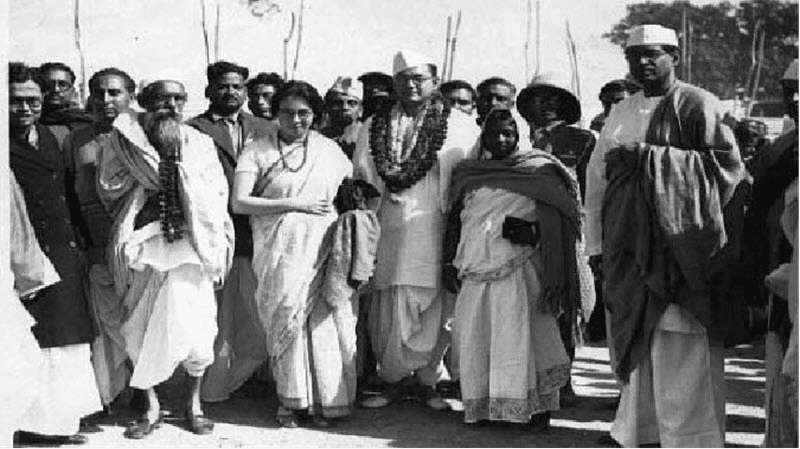
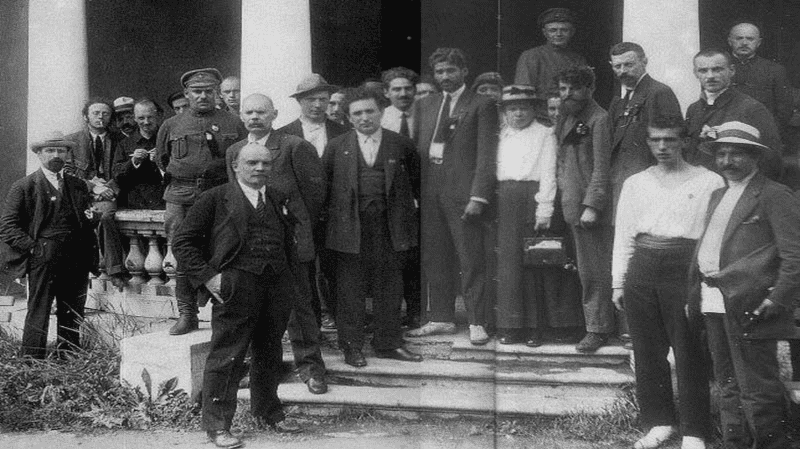
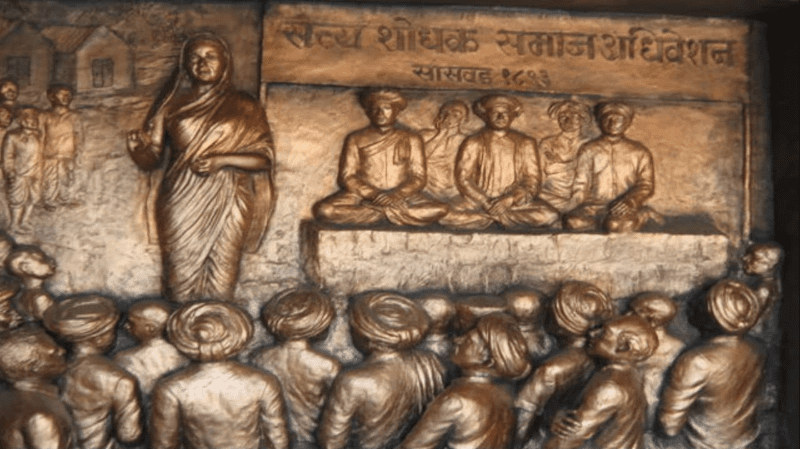

























Add Comment